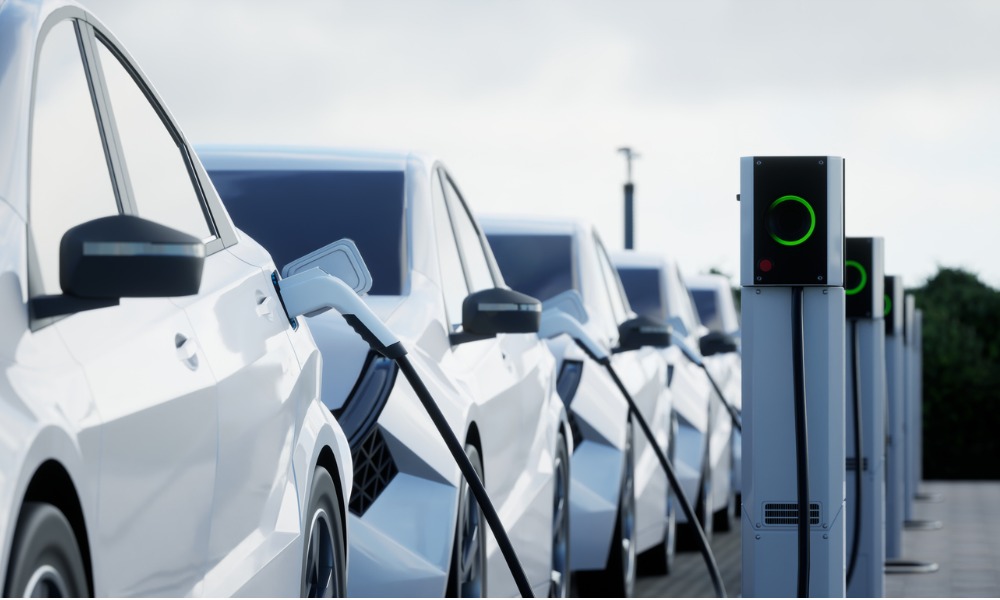Canada imposes new tariffs on Chinese EVs and metals

Canada has announced new tariffs on Chinese-made electric vehicles, aluminum, and steel to protect domestic manufacturers and align with Western allies, according to BNN Bloomberg.
Prime Minister Justin Trudeau revealed a 100 percent levy on electric vehicles and a 25 percent tariff on steel and aluminum during a cabinet meeting in Halifax, Nova Scotia.
The new surtax on electric vehicles, set to take effect on October 1, will also cover certain hybrid passenger vehicles, trucks, buses, and delivery vans. This surtax will be added to the existing 6.1 percent tariff already applied to Chinese electric vehicles.
The tariffs on aluminum and steel will come into effect on October 15, with the government providing an initial list of goods subject to the tariffs and allowing public commentary before finalizing the list on October 1.
Additionally, the government is launching a 30-day consultation on potential tariffs for other sectors, including batteries, semiconductors, solar products, and critical minerals.
Trudeau emphasized the importance of transforming Canada’s automotive sector to become a global leader in building the vehicles of the future.
He also accused China of gaining an unfair advantage in the global market, compromising the security of Canada’s critical industries, and displacing Canadian workers.
Finance Minister Chrystia Freeland has been a strong advocate for a tougher stance on Chinese vehicle exports and closer trade relations with the US, which has also imposed higher tariffs on Chinese goods.
The Canadian government also announced that it will limit eligibility for electric vehicle incentives to products made in countries with free-trade agreements with Canada. The new tariffs will be reviewed within a year of implementation.
The European Union has similarly proposed new tariffs on Chinese electric vehicles, though at lower levels than those announced by the US and Canada.
Chinese automakers, including SAIC Motor Corp., Geely Automobile Holdings Ltd., and BYD Co., face additional duties on their products, with Tesla Inc. also subject to extra charges on Chinese-made vehicles.
China has previously retaliated against Canada in trade disputes, such as restricting imports of Canadian canola seed following the arrest of Huawei executive Meng Wanzhou.
Chinese electric vehicle imports to Canada surged to $2.2bn in 2023. The Canadian government’s concern primarily lies with the potential influx of inexpensive cars from Chinese manufacturers. This concern is heightened as automakers like BYD express interest in entering the Canadian market.
Political and industry pressure also influenced the decision, with Canada’s auto sector urging increased tariffs to protect domestic jobs and wages.
The government has already committed to multibillion-dollar subsidies for electric vehicle and battery manufacturing plants from companies such as Stellantis NV, Volkswagen AG, and Honda Motor Co.
Meanwhile, steel and aluminum producers in Canada have also advocated for restrictions on China’s market access, citing unfair competition due to China’s industrial policies.



